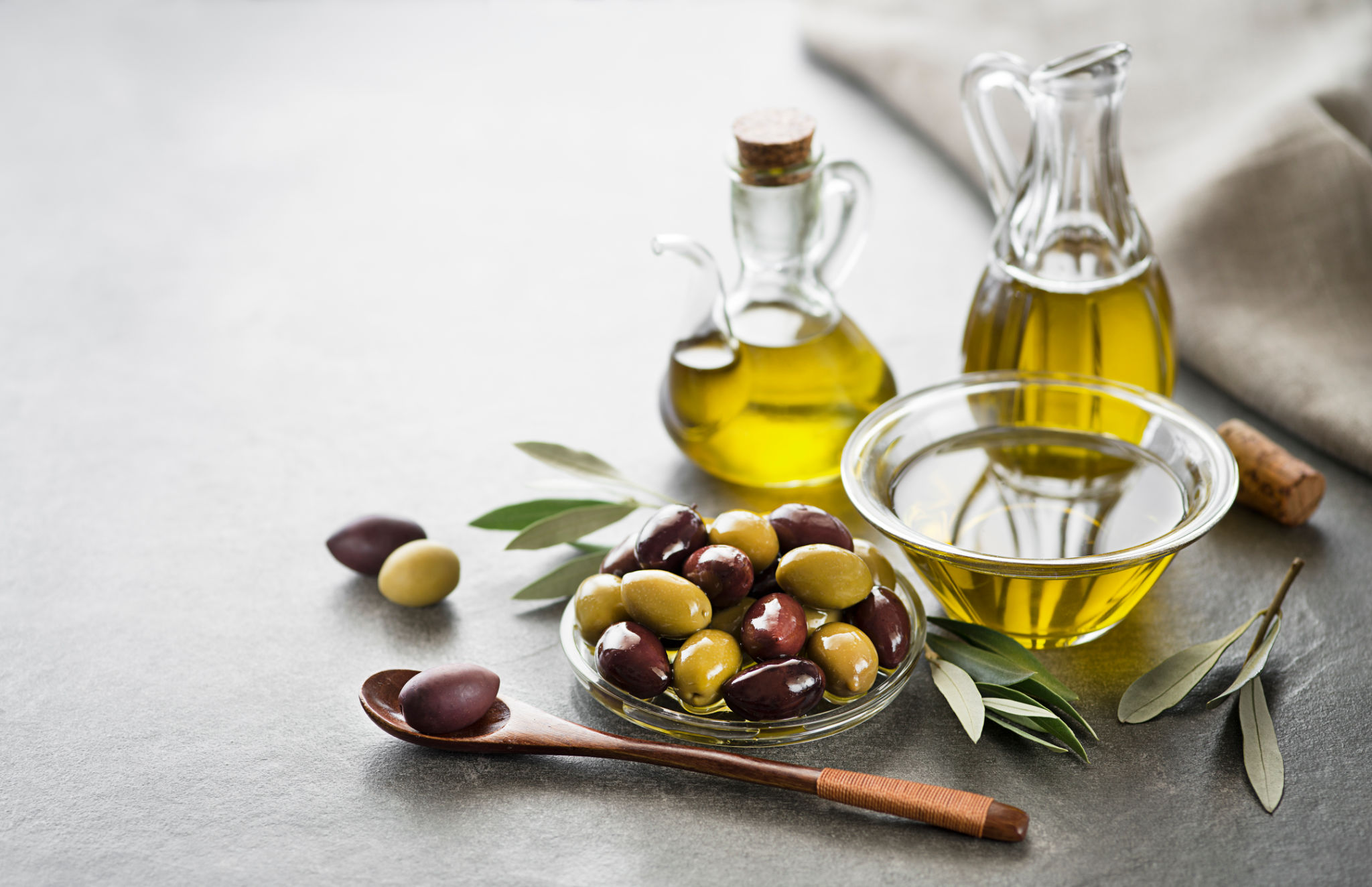Debunking Olive Oil Myths: What You Need to Know
NB
Understanding the Basics of Olive Oil
Olive oil is a staple in many kitchens around the world, yet there's still much confusion surrounding its use and benefits. With numerous myths circulating about its properties, it's essential to separate fact from fiction. In this post, we'll explore common misconceptions about olive oil and provide clarity on what you need to know.

Myth 1: All Olive Oils Are the Same
A common misconception is that all olive oils are created equal. In reality, there are different grades and types of olive oil, each with unique characteristics. Extra virgin olive oil is considered the highest quality due to its superior flavor and nutritional content. Other types include virgin olive oil, refined olive oil, and olive pomace oil, each suited for different culinary applications.
Myth 2: Olive Oil Is Not Suitable for Cooking
There's a widespread belief that olive oil should not be used for cooking due to its low smoke point. However, extra virgin olive oil has a smoke point ranging from 374°F to 405°F, making it suitable for most cooking methods, including sautéing and frying. Its rich flavor can enhance dishes without compromising health benefits.

Myth 3: Olive Oil Should Be Stored in the Fridge
Some people believe that refrigerating olive oil will extend its shelf life. In truth, olive oil should be stored in a cool, dark place, away from heat and light. Refrigeration can cause the oil to solidify and lose its desirable qualities. Proper storage in a pantry ensures the oil retains its flavor and nutritional value for longer.
Health Benefits of Olive Oil
Beyond myths, olive oil is celebrated for its health benefits. Rich in monounsaturated fats, it supports heart health by reducing bad cholesterol levels. It's also packed with antioxidants like vitamin E and polyphenols, which help combat inflammation and oxidative stress.

Myth 4: More Expensive Means Better Quality
Price is not always an indicator of quality when it comes to olive oil. Several factors influence pricing, including branding and packaging. When choosing olive oil, look for certifications like "Certified Extra Virgin" and check for a harvest date on the label to ensure freshness.
Myth 5: Olive Oil Causes Weight Gain
While olive oil is calorie-dense, it doesn't necessarily lead to weight gain when consumed in moderation. In fact, incorporating healthy fats like those found in olive oil can support weight management by promoting satiety and reducing cravings. Balance is key in any diet.

Conclusion
Debunking these myths helps us appreciate the true value of olive oil in our diets and culinary practices. By understanding the facts, you can make informed decisions about incorporating this versatile ingredient into your meals. Remember to choose quality over price and enjoy the myriad benefits that olive oil offers.